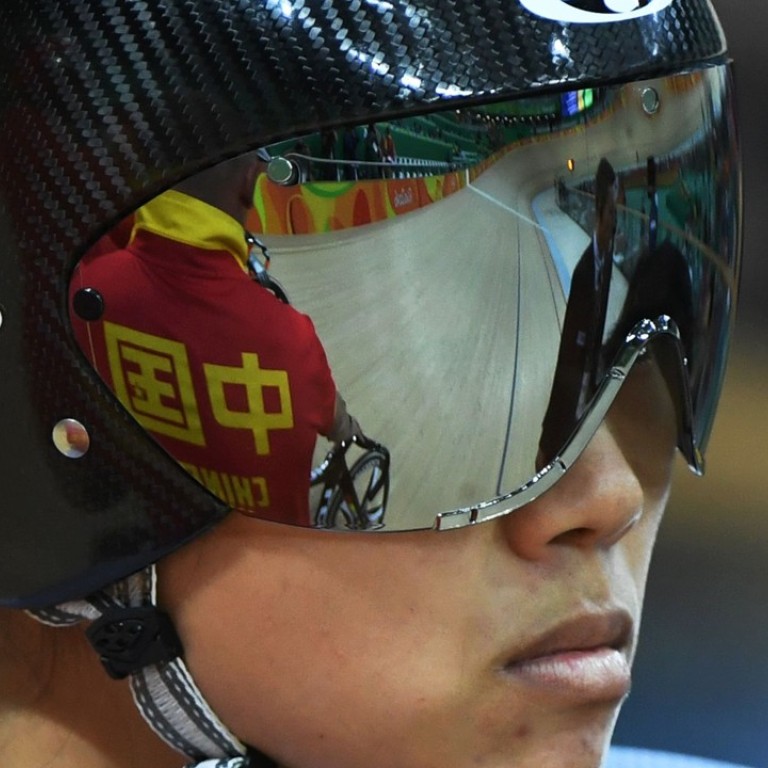
How many gold medals should a 600-strong squad from Hong Kong win at the Asian Games?
From a high of eight golds in Guangzhou in 2010, the Hong Kong team have a mountain to climb in Indonesia despite record numbers
Although Hong Kong will send a record 600-strong squad to Indonesia in August, most of the athletes may have more chance of finding gold in the nearby mountain mines of Papua.
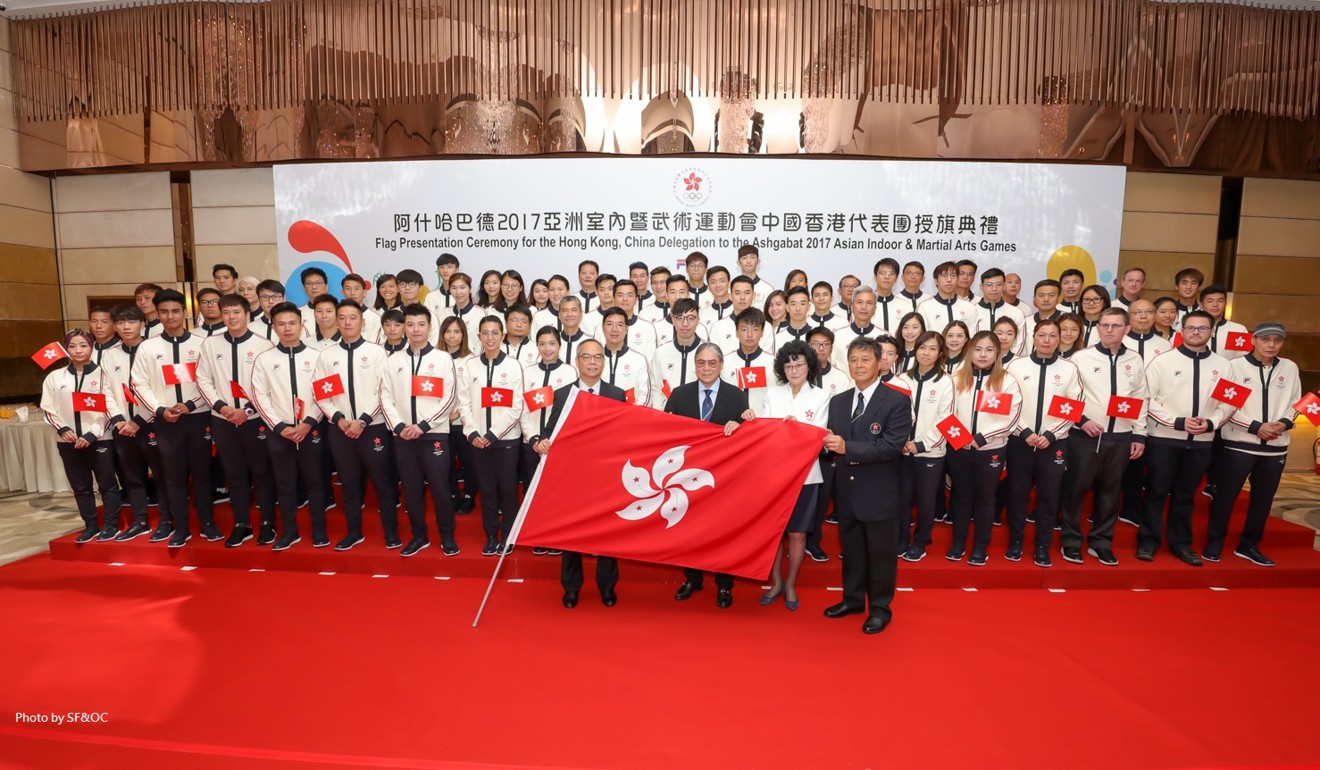
The Games benchmark was set in 2010 when Hong Kong’s 396 athletes brought home eight gold, 15 silver and 17 bronze medals from Guangzhou. Four years ago in Incheon, South Korea, 472 athletes garnered six gold, 12 silver and 25 bronze.
But with Hong Kong expanding its elite programmes and spending millions more on athletes, surely quantity should translate into more medals, especially of a golden hue.
Not so fast, says a leading sports official who wished to remain anonymous.
“We understand people want to see improvement games after games and this is true as we are spending public money,” said the official. “But this time the increase in the number of athletes is due largely to the inclusion of various team sports.
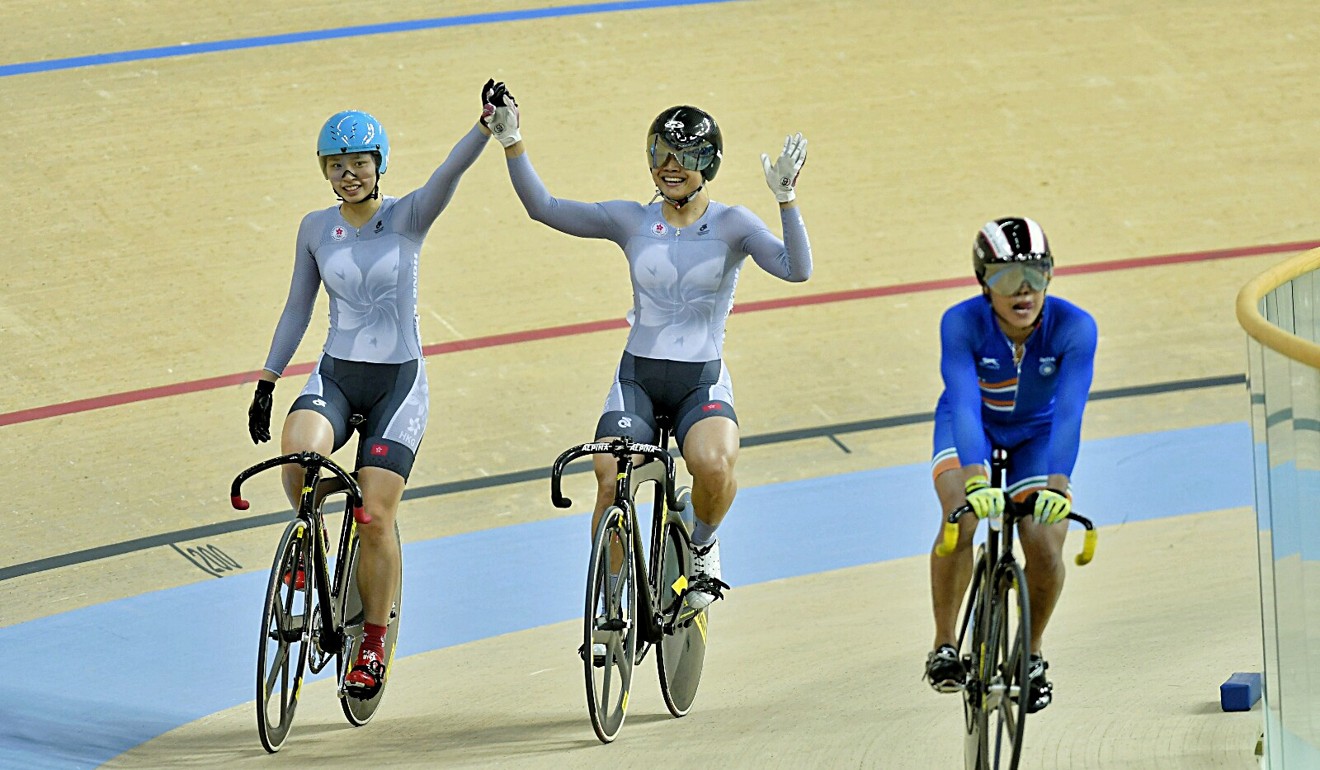
True to their form for every major multi-sports games, the Hong Kong Sports Federation & Olympic Committee refuses to put extra pressure on the athletes by revealing a medal target and the official even proferred other excuses.
“There are also other difficult factors for us as Japan is preparing for its own Olympic Games in two years’ time and many of their sports are improving tremendously over the last couple of years, making life more difficult for our athletes than before.”
Four years ago, the Sports Institute had a budget of HK$376 million and now the Fo Tan training complex is spending HK$550 million a year.
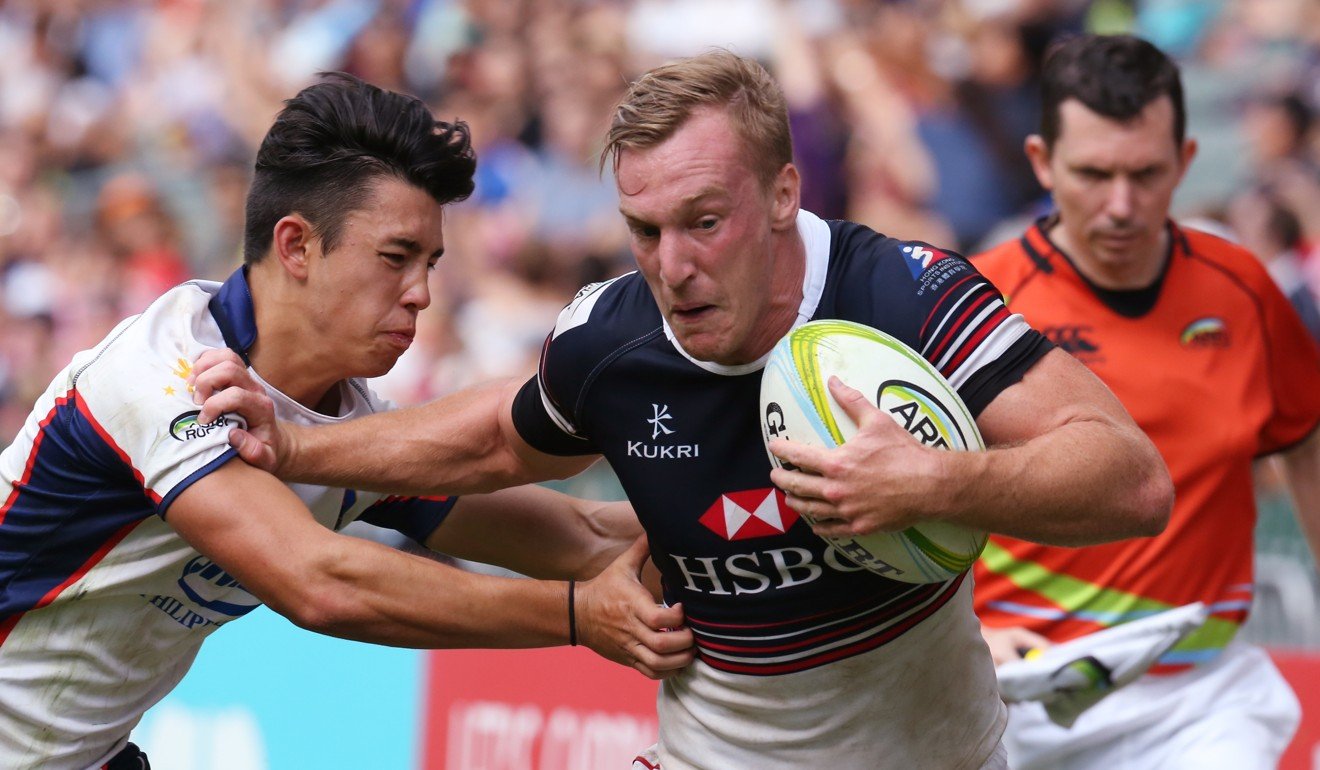
Hong Kong will need a plane for the members of the team events alone: baseball, basketball, dragon boat, rugby sevens, soccer, handball, hockey, softball and volleyball. The only realistic hopes are the two sevens teams, with the men having won silver in Guangzhou and Incheon.
The parlous state of Hong Kong sport is reflected in 2012 London Olympic bronze medallist Sarah Lee Wai-sze still being our leading medal hope. The veteran cyclist shot to prominence when winning the women’s 500-metre time trial at the Asian Games in Guangzhou, then claimed two more golds in Incheon.
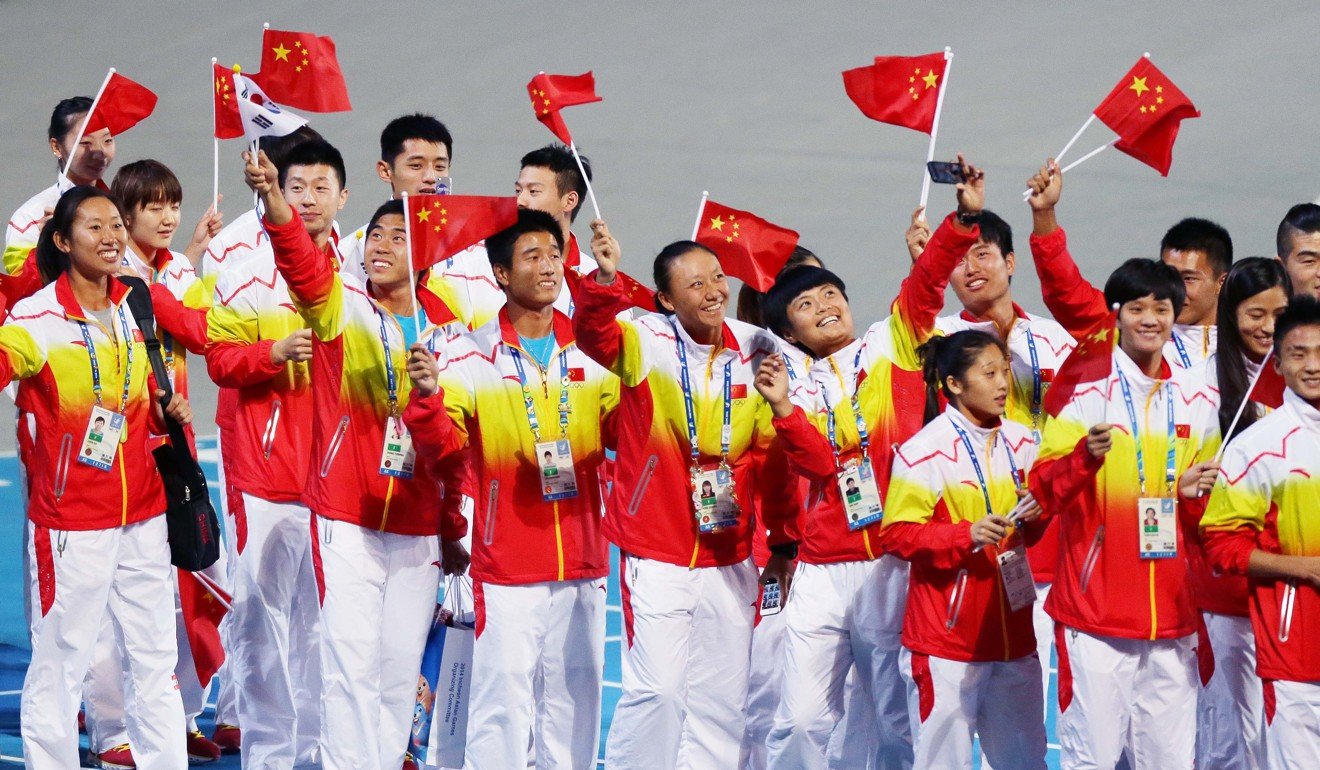
Windsurfer Hayley Chan Hei-man will be defending her RSX title in Indonesia but China has vowed to send their best board sailors with former Olympic windsurfing silver medallist Zhang Xiaodong now in charge of sailing sports.
Gymnast Shek Wai-hung has been struggling for form since his surprising victory in the men’s vault four years ago, while rower Lok Kwan-hoi has retired after winning in Incheon.
It doesn’t look good on paper and unless some stars emerge from nowhere it could be even uglier at the end of the Games on September 2.
Last five Asian Games
1998 – Bangkok – 214 athletes = 5 gold, 6 silver and 6 bronze
2002 – Busan – 218 athletes = 4 gold, 6 silver and 11 bronze
2006 – Doha – 281 athletes = 6 gold, 12 silver and 11 bronze
2010 – Guangzhou – 396 athletes = 8 gold, 15 silver and 17 bronze
2014 – Incheon – 472 athletes = 6 gold, 12 silver and 25 bronze

